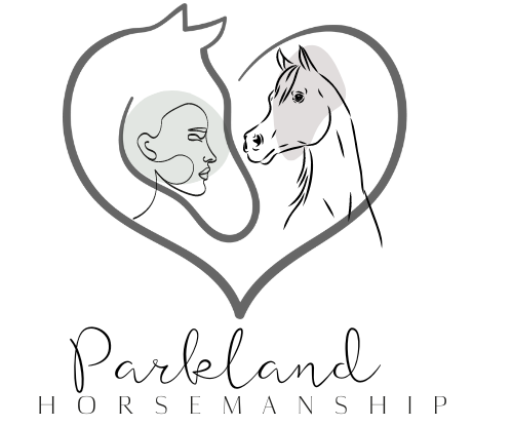Young horses require frequent, short training sessions in order to reduce their chances of discomfort in their underdeveloped bodies.
Typically speaking, riding horses for 15-20 minutes three to four days each week for constructive training should not overburden them mentally or physically – however this depends on their individual needs and responses!
1. Don’t Over-Train
An over-trained horse often becomes disoriented and dissatisfied, leading him down an unpredictable path that could strain tendons and ligaments and result in serious injury.
Young horses require frequent, short training sessions – not always riding-oriented but including ground work and grooming as well – in order to build trust between rider and horse. This helps build their confidence and allows their rider to gain their trust.
2. Don’t Over-Rein
Young horses need a regular rhythm in their day-to-day activities in order to maintain balance and comfort. If their pace begins to vary suddenly or suddenly slows down or speeds up unexpectedly, a light squeeze on legs or outside rein will work to stop him in his tracks.
Long reining can be an excellent way to develop basic ground skills; however, too much long reining can result in confusion and frustration for both horse and rider. A skilled trainer should know when it is appropriate.
3. Don’t Over-Handle
Handling of young horses can have a tremendous effect on how they develop relationships with you and other humans.
As part of their training for performance horses, weanlings and yearlings often receive increased human handling than other youngsters, which may make them wary of humans and create anxiety in them.
Forceful training methods on young horses may lead to delays later on during his training career.
4. Don’t Over-Haul
Young horses need short training sessions with plenty of breaks between exercises; their stamina won’t allow for extended workouts.
Focus on developing strong contact and round outline movement to build topline muscles that support your weight as this will result in a safer and healthier athlete in the long run.
5. Don’t Over-Reward
An attempt at rapidly progressing a young horse, whether through saddle training or ground work, too quickly may result in confusion and confidence issues for both parties involved – as well as potential risk of serious injury for both of you.
Frequent short training sessions are preferable to long and intensive ones. Don’t forget to reward them frequently – this keeps their interest up in training sessions!
6. Don’t Over-Praise
Young horses must be constantly encouraged and recognized for their efforts; otherwise they will become disenchanted and start misinterpreting what you are asking of them.
Training a young horse requires frequent short sessions to achieve success. For instance, when working on water work such as stepping through streams and under saddle, start out by getting him comfortable stepping through puddles first before moving onto small streams and water under saddle.
7. Don’t Over-Chill
Young horses tend to have short concentration spans and should receive light training sessions that don’t stress their joints too much, such as lunging sessions with lots of circles.
Education of young horses on how to react appropriately when confronted by frightening stimuli is also crucial, and counterconditioning provides a method of doing this by pairing a positive experience with what may otherwise be perceived as scary stimulus.
8. Don’t Over-Ride
Young horses often become overexerted before having time to build the necessary understanding and confidence when being ridden, which is one of the main mistakes I see people making with their horses.
Consistency and following a training schedule is vital, however horses tend to learn at their own pace so it’s crucial that patience be shown when working with horses.
9. Don’t Over-Pick
An unsuitable horse should never be brought into formal training before it has had time to adapt, however. Unexperienced trainers sometimes become impatient with young horses and start saddle yearlings to “prep them for under saddle training”.
An injury to either physical or mental wellbeing of the horse is no laughing matter, so basic training with patience will pay dividends later!
10. Don’t Over-Haul
Young horses are highly sensitive to physical, mental and environmental pressures; with proper application and release of pressure they can learn quickly.
However, without this release they may become trapped between their rider’s go cue and pressure from their horse resulting in bucking, spinning or leaping behaviors which are difficult to resolve and therefore it’s best to work them in light sessions.

